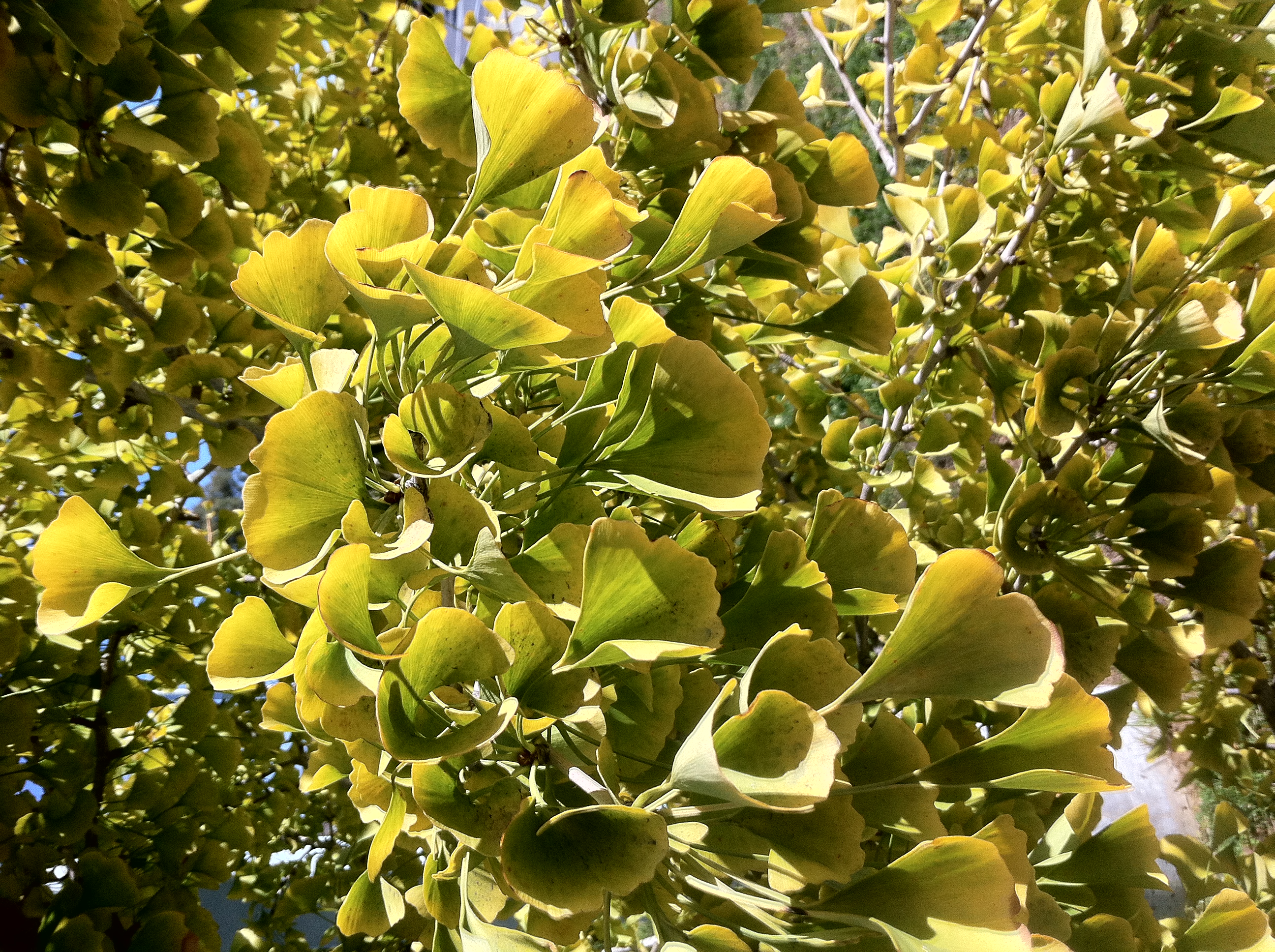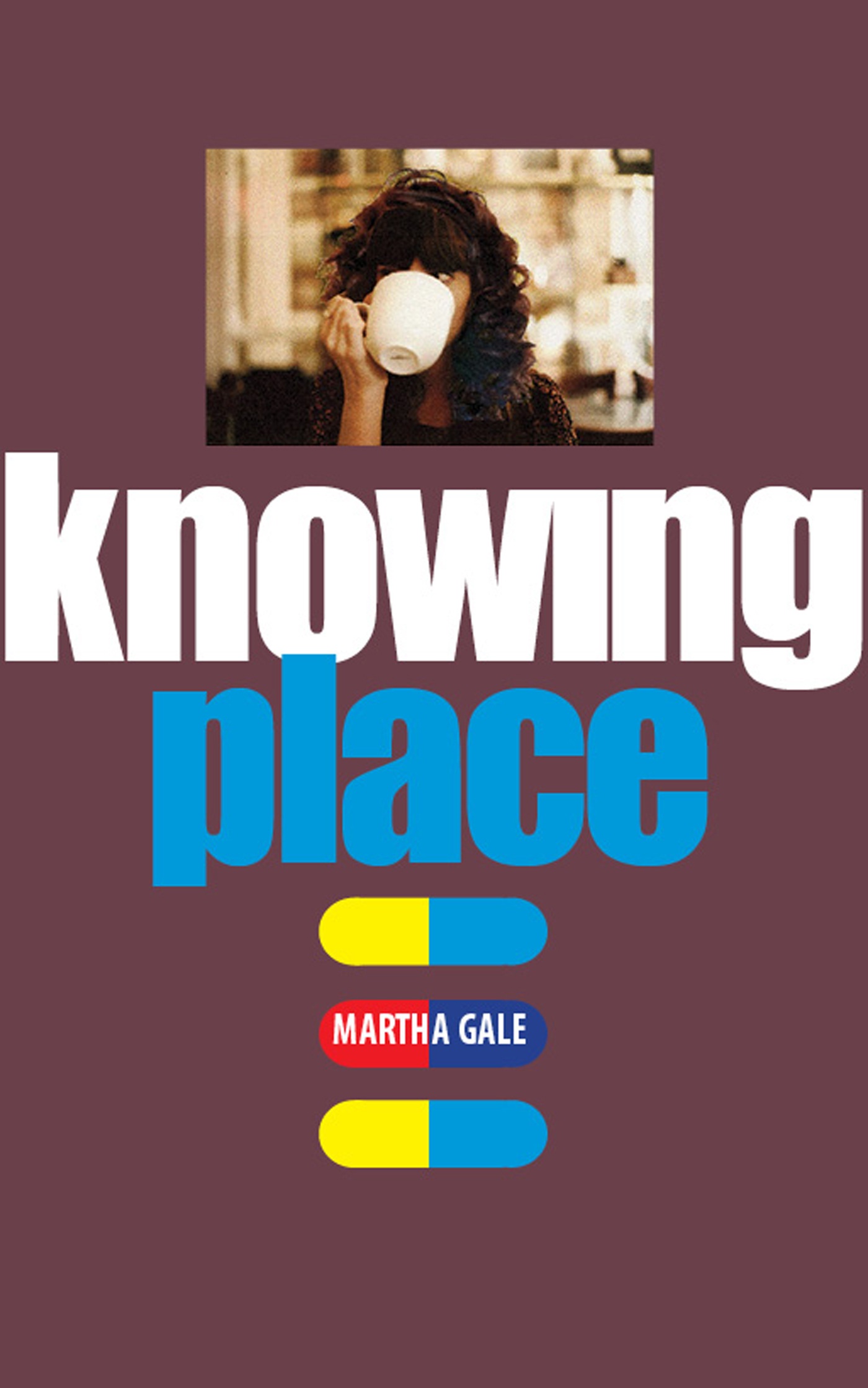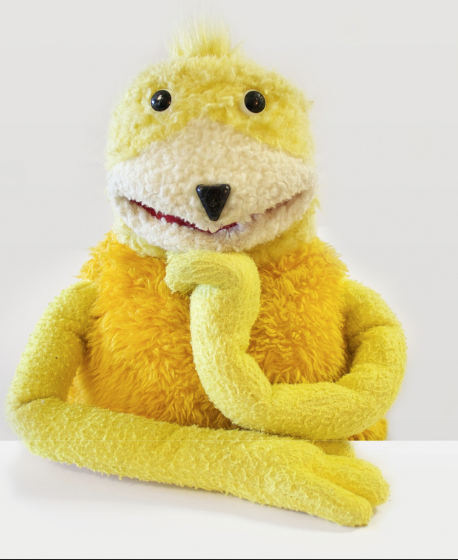
I remember distinctly a particular fall afternoon during my freshman year of college. It was one of those perfect admissions brochures days, early enough so that the weather was still warm and finals held far less weight than the dining hall closing time. I was sprawled out on a lawn with a book and my bag, alternating between reading a few lines and turning my face towards the sun. And yet, as it was fall semester freshman year and none of us had solidified our social spaces, I was also keeping a sharp eye out for anyone I even slightly knew.
That's why I saw her. She wasn't anyone I'd seen before. She was tall and slim, with brilliant red hair, walking across Old Campus with the kind of ease I tried, and failed, to fake. Watching her I remembered that I had always kind of wanted red hair. It was less gentlemen-preferred and conventional than my own blond head (which I refused to dye out of a loyalty to an authenticity that I couldn't quite articulate). And I was immediately jealous of her completely, jealous with the kind of ferocity that you can only really pull off when you're eighteen and in a new place and completely out of your depth. I wanted to be her, and I knew I never could.
But it only lasted for that moment. As soon as I lay back down and looked up into the canopy of the tree above me, my envy vanished into the deep green overhead, and I understood. We were just leaves, she and I, leaves on the same tree, each a beautiful, singular expression of life.
Liz Green talked about compersion, a feeling that's the opposite of jealousy, and that's what I felt so suddenly and clearly that afternoon. I've been feeling it a lot lately, too. I wouldn't say that I'm growing less ambitious with age--probably the opposite, truth be told. But I'm definitely growing less competitive. One thing I've always loved about creative work is that, whenever we can put aside the frequently uncomfortable fact that we're often competing for the same scarce resources in the form of fellowships or contests or jobs, what I do in my work in no way detracts from what any of these other guest writers have done. This isn't to minimize the very real limitations that exist, but it is to say that the community that we build is more frequently valuable, more sustaining in everyday life, than what we gain by focusing on those competitions.
There will always be someone, whether an individual or institution, ready and willing to place the emphasis on exclusivity, on some arbitrarily set boundary, on fostering a sense of scarcity. It's the dominant narrative of our culture, even as new media begins to chip away at it, ever so slightly, in certain places. I feel more and more strongly with the passage of time that part of my mission as a writer is to push back against that narrative, to stop myself when I begin to think about my peers as nothing more than my competition, and more than that, to insist in my work that each life is valuable. Each life is worthwhile. To remember that we all tell stories, and live lives, each as beautiful, singular, and necessary as the curving edges of any one leaf.
What's a leaf detached from a tree, after all, set aside on its own but cut off from the source of life? Dried up, brittle, and crumbling into dust.
All this is to say that my community of writers sustains me, keeps me whole, and allows me to do the work that I do in this world. All this is to say, in at least ten times as many words, what the poet I came to adore during the spring semester of my freshman year puts so well:
Labour is blossoming or dancing where
The body is not bruised to pleasure soul.
Nor beauty born out of its own despair,
Nor blear-eyed wisdom out of midnight oil.
O chestnut-tree, great-rooted blossomer,
Are you the leaf, the blossom or the bole?
O body swayed to music, O brightening glance,
How can we know the dancer from the dance?
 Wednesday, May 14, 2014 at 8:01PM
Wednesday, May 14, 2014 at 8:01PM  #climatechange,
#climatechange,  #mythology,
#mythology,  #stories,
#stories,  #writers
#writers 

